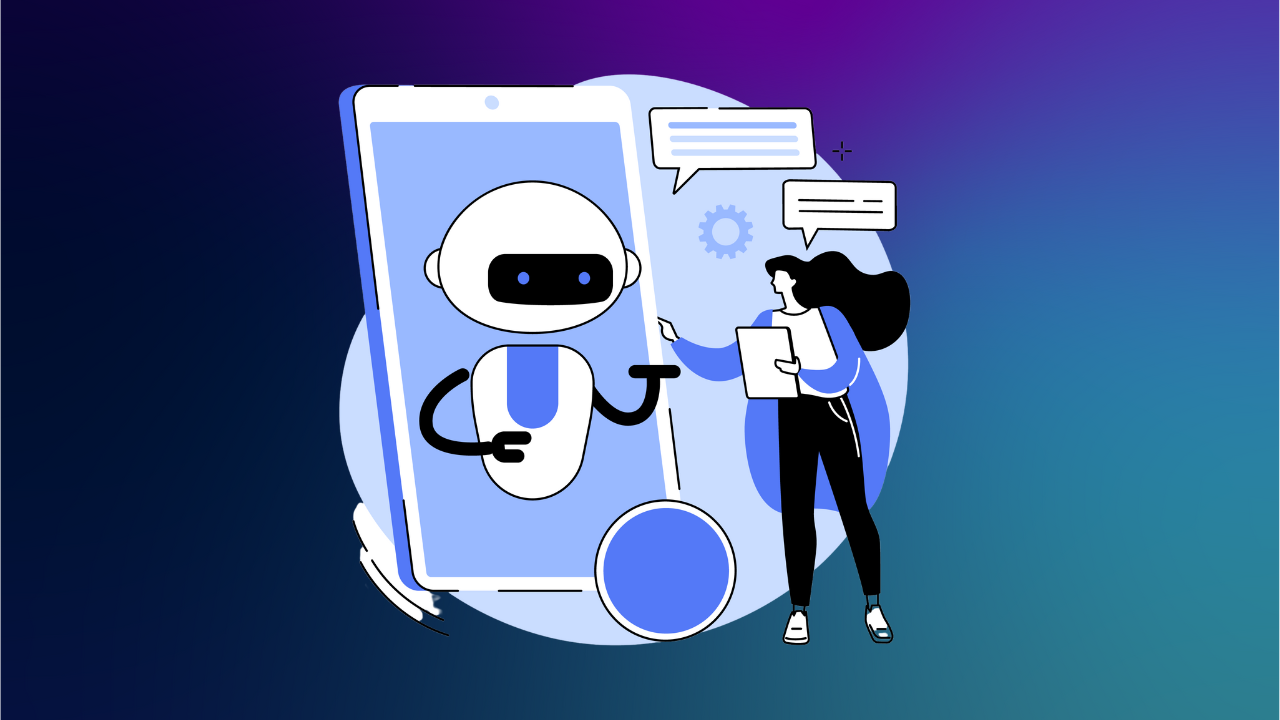
ChatGPT: Peril or Promise for Higher Ed?
Steven Tom
Chief Customer Officer & SVP | Chief Experience Officer | Digital Transformation
ChatGPT is a provocative, new torchbearer of AI’s sheer power. Some have gone as far to anoint it already as the disruptor to Google search, shifting the paradigm we practice today in using search engines for information on a topic or question, distilling the list and results, and synthesizing the sum of that information in our minds into understanding.?
But ChatGPT goes beyond simple search functions - you can ask it to compose poems, explain concepts to you, or even compose original college-level essays.?While there are kinks and accuracy improvements to be made, the work it produces at this early stage is eye-opening. In addition, the conversational chatbot approach parallels our thinking around how we built Julian, the AI Tutor at Adtalem, to engage with students in a two-way conversation that evolves with each interaction.
The Atlantic features a fascinating view in “The College Essay is Dead” by Stephen Marche.?Professors were fascinated with ChatGPTs ability to compose well-structured, logical essays which they acknowledged meet the college level.
ChatGPT is a wake up call for higher educators – here are two perils and two promises:
领英推荐
Perils
?Promise
Experience it for yourself and give OpenAI’s ChatGPT a whirl. For Higher Ed, technologies like AI Tutor and ChatGPT have incredible promise, but also demand that we get ahead of and address the perils before they upend the academic paradigms of today.
Director of Sales, Higher Education at Cloud for Good
1 年Thanks for a balanced view Steven Tom that highlights some of the promise of this disruptive technology as well as the much-more written about (with hand-wringing) perils.
Career Advancement Advisor | Creator of the Career Moves Advisory | Speaker |
1 年Interesting read, Steven Tom. I hope you are well!